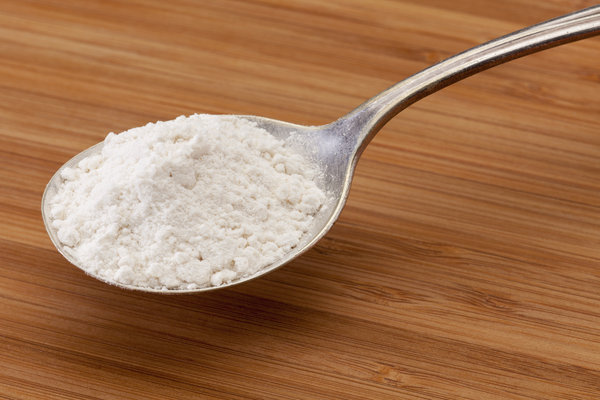Glucans

Glucans are a group of sugar molecules found in various plants, fungi and bacteria. They play an important role in the immune system as they can stimulate the activity of certain defense cells. But can glucans also help dogs stay healthy? In this article you will learn more about glucans and their advantages and disadvantages for your four-legged friend.
What are glucans?
Glucans are polysaccharides, i.e. long chains of glucose units. They can be branched and linked in different ways, depending on their source. The most common glucans are beta-glucans and alpha-glucans. Beta-glucans are mainly found in yeasts, fungi and cereals such as oats or barley. Alpha-glucans are, for example, starch or glycogen, which serve as energy stores in plants and animals.
How do glucans affect the immune system?
Glucans can influence the immune system in various ways. On the one hand, they can act as so-called immunomodulators, i.e. they can regulate the balance between different immune cells. On the other hand, they can act as immunostimulants, i.e. they can increase the activity of certain immune cells. These cells are primarily macrophages, natural killer cells and T-helper cells, which are responsible for recognizing and fighting pathogens.
What are the benefits of glucans for dogs?
Glucans can bring various health benefits to dogs. For example, they can
- accelerate wound healing
- reduce susceptibility to infection
- reduce the inflammatory response
- inhibit tumor formation
- promote intestinal health
- stabilize blood sugar levels
However, these effects are not equally pronounced for all glucans. The effectiveness depends on the source, structure, dosage and form of administration. Individual factors such as the dog's age, state of health and diet can also play a role.
What are the disadvantages of glucans for dogs?
Glucans are generally well tolerated and have few side effects for dogs. However, there are some potential risks and contraindications that you should be aware of. For example, glucans can
- trigger allergic reactions
- cause gastrointestinal complaints
- interfere with blood clotting
- interact with medications
- lead to overstimulation of the immune system
You should therefore always consult a vet before giving your dog glucans. This is especially true if your dog is suffering from a chronic or acute illness or is taking medication.
How can you give your dog glucans?
Glucans are available on the market in various forms. For example, you can give your dog glucan-containing food supplements or food. These usually contain beta-glucans from yeast or mushrooms. The dosage depends on your dog's weight and state of health. A general recommendation is around 10 to 20 mg per kilogram of body weight per day.
You can also offer your dog natural sources of glucans. These include oatmeal, barley or shiitake mushrooms, for example. In addition to glucans, these also contain other valuable nutrients such as fiber, vitamins and minerals.
Glucans are polysaccharides made up of glucose units that can have different effects on the immune system. Beta-glucans are found in yeasts, fungi and cereals, while alpha-glucans are found in starch and glycogen. Glucans can influence the immune system by increasing the activity of defense cells such as macrophages and natural killer cells.
For dogs, glucans may have several benefits, including promoting wound healing, reducing susceptibility to infection, inhibiting inflammation and tumor formation, supporting gut health and stabilizing blood sugar levels. However, it is important to consider individual factors and possible side effects, so a veterinarian should always be consulted before using glucans for dogs. Glucans can be administered in the form of supplements or natural sources such as oatmeal or shiitake mushrooms.
If you notice any signs of hypersensitivity or poisoning in your dog, you should see your vet immediately. We are not a substitute for a vet, but we try to be as accurate as possible. Every dog reacts differently and we recommend you get a second opinion or consult your vet if in doubt.
Stay healthy and take good care of your four-legged friend!😊
Similar to Glucans
Chitin is a long-chain polysaccharide that forms an important structural component in the exoskeleton of crustaceans, insects and even in the cell walls of some fungi. It is the second most common...
Cellulose is a carbohydrate that consists of many glucose molecules. It forms the cell walls of plants and gives them stability and strength. Cellulose is found both in food (e.g. in vegetables or...
Pectin is a plant polysaccharide found in the cell walls of fruit and vegetables. It is a natural gelling agent that is released when fruit is cooked or frozen. Pectin is often used as an additive...
Xylanases are enzymes that break down xylans - a type of polysaccharide found in the cell wall of many plants. They are part of a larger family of enzymes that are responsible for breaking down...



